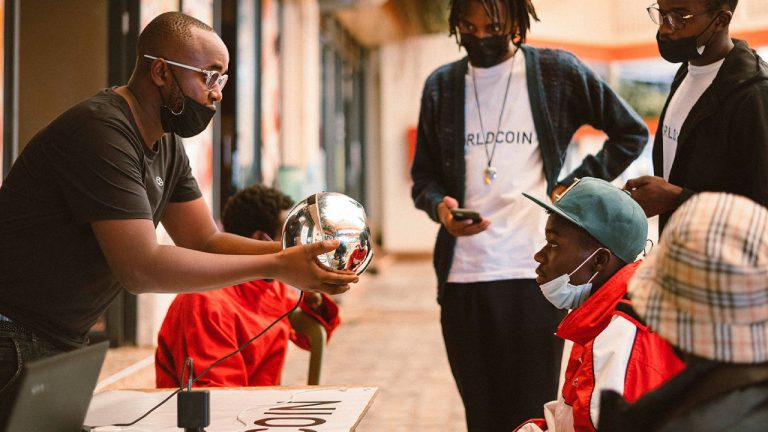
The Kenyan data regulator said it is conducting an “assessment of Worldcoin’s practices to ensure compliance with the law.” The data regulator has urged “increased vigilance” by Kenyans who are signing up to receive Worldcoin’s “free money.” Immaculate Kassait warned of the consequences to token recipients and issuers should the data regulator fail to ensure Worldcoin and others’ compliance with the law.
Kenya’s Data Protection Laws
The Kenyan data regulator, the Office of the Data Protection Commissioner (ODPC), has called for “increased vigilance” by residents seeking to get their hands on Worldcoin’s “free” tokens. In a statement issued via Twitter on July 28, ODPC stated that Worldcoin’s activities in the East African nation are governed by the country’s 2019 Data Protection Act.
STATEMENT: @ODPC_KE Calls for Vigilance from the Public as It Engages WorldCoin on Compliance with Data Protection Act, 2019. pic.twitter.com/xoY7uOqcNG
— OFFICE OF THE DATA PROTECTION COMMISSIONER (@ODPC_KE) July 28, 2023
According to the data regulator, the Kenyan protection data law gives the ODPC the authority to conduct assessments or request information which helps it ascertain if Worldcoin is adhering to the law. The ODPC added:
As the ODPC conducts its assessment of Worldcoin’s practices to ensure compliance with the law, Kenyans are urged to ensure they receive proper information before disclosing any personal or sensitive data. Individuals are advised to thoroughly inquire about how their data will be used.
In the same statement, Kenya’s Data Commissioner, Immaculate Kassait is quoted warning of the consequences for the token recipients and issuers should the ODPC fail to ensure Worldcoin and others’ compliance with the law.
Worldcoin Free Money
The warning by the Kenyan data regulator follows reports that hundreds of residents had rushed to get their eyeballs scanned by Worldcoin orbs located at the supermarket chain Quickmart’s 13 outlets in Nairobi. According to a report in The Nation, residents who signed up and had their eyes scanned by the Worldcoin orb received 25 WLD tokens. Some of the token recipients reportedly converted their WLD tokens to USDT before eventually converting the stablecoins to Kenyan shillings.
Some of the young Kenyans who rushed to get their eyeballs scanned only did so after learning of the opportunity to get easy money via the WLD tokens.
“I was here by 5 am because there has been a lot of talk on Tik Tok and Instagram about the free money Worldcoin is giving all those who download their app and subscribe, we are for the iris scanner so that we can be sorted,” Brian Mwangi, one of the WLD token recipients, said.
The Kenyan data regulator’s investigation comes after the French National Commission for Informatics and Liberty (CNIL) launched a similar inquiry into Worldcoin’s practices.
Register your email here to get a weekly update on African news sent to your inbox:
What are your thoughts on this story? Let us know what you think in the comments section below.
from Bitcoin News https://ift.tt/ZOn9HAC
Comments
Post a Comment